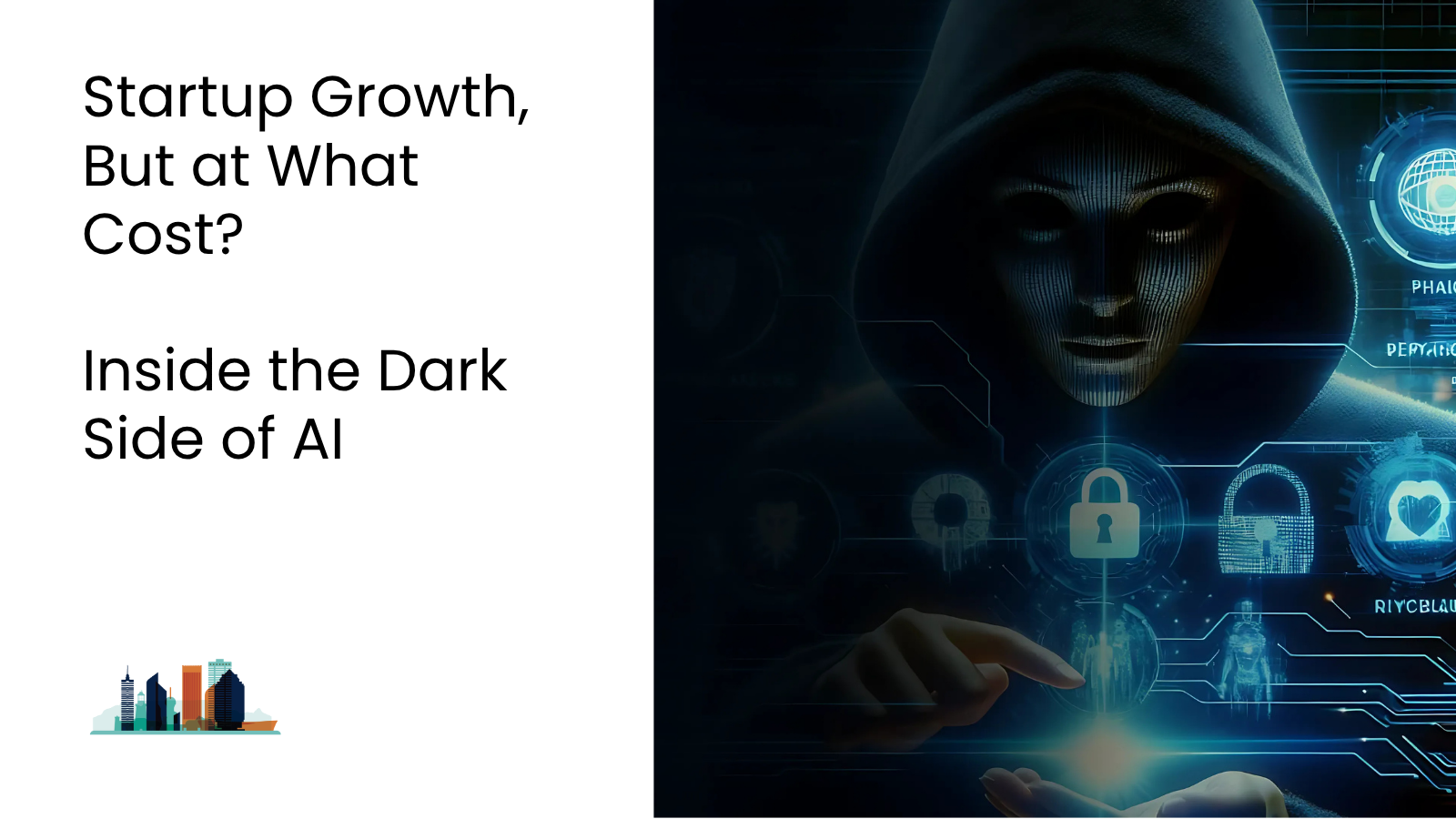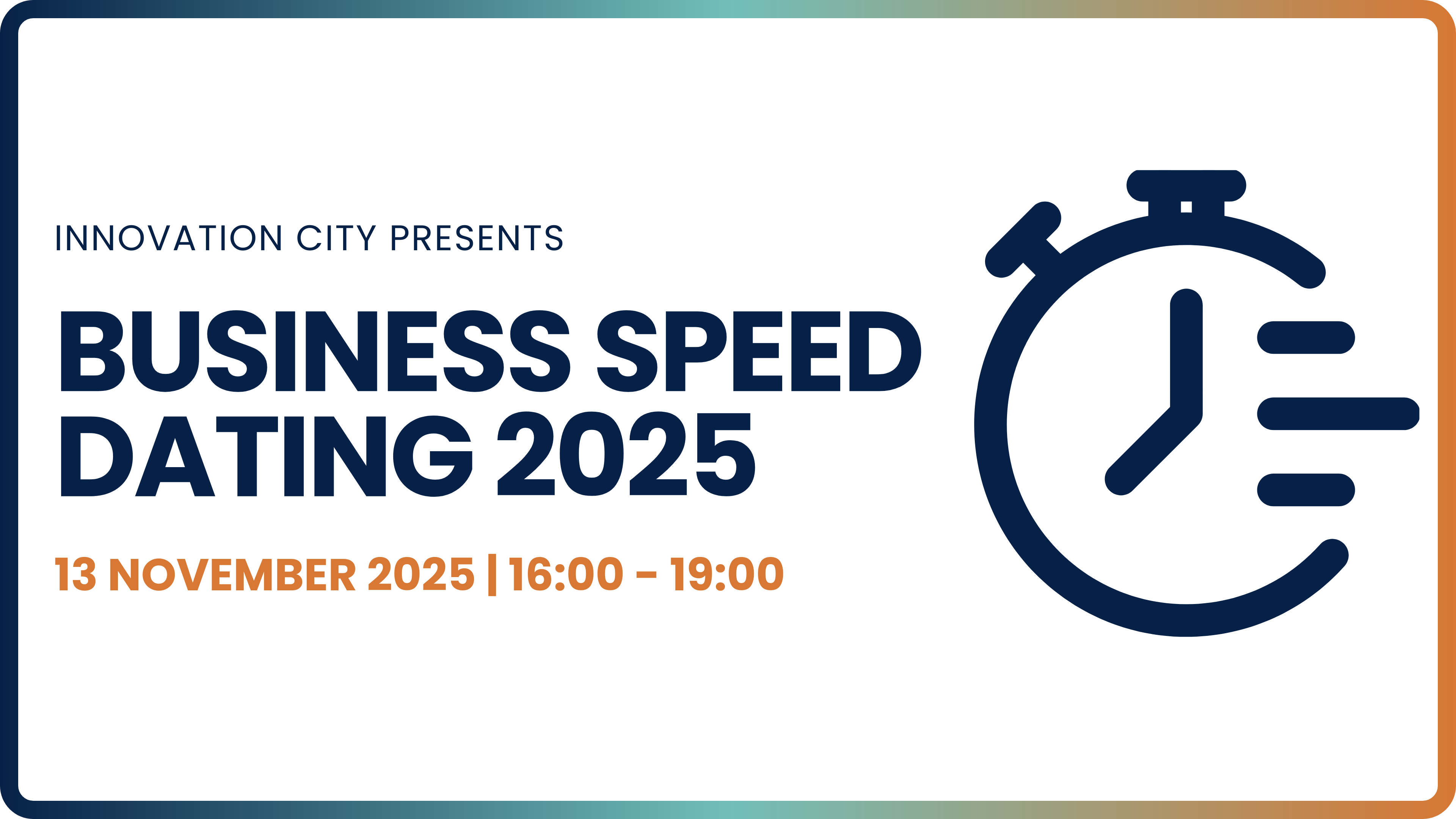
28 May Startup Growth, But at What Cost? Inside the Dark Side of AI
Picture this: You wake up to a voice note you apparently sent, except you never recorded it. Someone else did. Someone who cloned your voice…
That’s not a Black Mirror episode. That’s the real story Rahul Jain, Co-Founder of Peach Payments, shared at one of Innovation City’s recent events: “Deepfakes, Digital Theft & AI Scams: The Dark Side of Growth.”
In an entrepreneurial world obsessed with scaling, this panel forced us to pause and ask: Are we growing too fast to stay safe?
Fraud Has Grown Up and It’s Coming for Everyone
The conversation pulled no punches. Synthetic identities, voice cloning, and “fraud-as-a-service” on Telegram aren’t on the horizon, they’re already here. And as companies chase scale, they often overlook a key truth: trust is now one of their most vulnerable assets.
Moderated by Innovation City Co-Founder Kieno Kammies, the panel brought together some of Africa’s sharpest technical minds. Cameron Gray, CTO of Smile ID, unpacked insights from their just-released 2025 Fraud Report, highlighting the stark rise in authentication fraud, now four times more common than onboarding fraud.
Rahul Jain laid bare the harsh realities fintechs face in emerging markets, where low-end devices and fragmented ID systems complicate even the most basic security protocols.
Doram Greenblat, CTO of Travelstart, reminded the audience that innovation and defense must now happen in lockstep: “You need to out-innovate your competition and the fraudsters.”
The message was clear: fraud isn’t just a tech problem anymore. It’s an ecosystem problem. And ignoring it won’t make it go away, it’ll just make you the next target!
More Than Just Cybersecurity: A Whole New Way of Thinking
Across the session, several themes emerged again and again. Biometric authentication may be rising in popularity, but it’s no silver bullet, especially when social engineering remains so effective. Even the most advanced technology can be undone by human error, or by a well-crafted lie.
The panelists also discussed the urgent need for security storytelling; an often-overlooked function that plays a critical role in product and marketing. If users don’t understand how your systems protect them (or worse, how they don’t), trust quickly erodes. For fast-scaling startups, that could be the difference between acquisition and collapse.
And then came the moment that made the room go still: a true story about AI-generated explicit content created by a 10-year-old, using publicly available tools, and distributed among classmates. That example wasn’t just shocking; it was a wake-up call about the accessibility of these technologies and the urgent need for AI literacy, especially among young users.
Security Is No Longer Optional
The takeaway from the evening was as powerful as it was practical: if your company hasn’t reviewed or updated its fraud response strategy in the last six months, you’re already behind. Today’s threats move at the speed of innovation, and often, faster.
But it wasn’t all doom and panic. The speakers offered hope too. They spoke about resilience, about the power of proactive partnerships, and about the role of thoughtful leadership in creating a safer digital future. The challenge isn’t just to build brilliant products, it’s to build defensible ones. Growth is still possible. It just has to be intentional, transparent, and trust-first.
Because in this AI-powered world, innovation without protection isn’t brave. It’s reckless.
Let’s build smarter. Let’s scale safer. Let’s grow with both eyes open.









